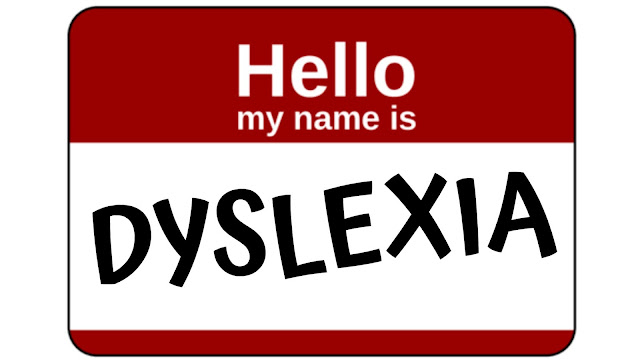A Need for Awareness -> Dyslexia
Understanding Dyslexic Thinking. Test your reading capability as a Dyslexic.
Imagine having the ability to see beyond the reality of existence, to naturally possess an intuitive comprehensive understanding to complex challenges, surpassing those around you; providing you with dynamic solutions desperately sought out by those around you. Though, due to others inability to comprehend on such a level, while fixating on your mispronunciations & incomplete sentence structures, compiled with their overall limitation to accept what is beyond their sight; your solutions are regularly dismissed, ignored, or assumed to be wrong.
Welcome to the world of individuals with dyslexia. History holds a strong record of ignoring & dismissing the unique powers of vision held by dyslexics, labeling them stupid, crazy, ignorant & frequently regarded as misfits, leaving many experts wondering how many gifted & creative dyslexics have been blocked from fulfilling their genetic destinies and potential.
Yet many dyslexics, though forced to break through unnecessary barriers created by a society against them, rose beyond, leaving everlasting impacts that have forever changed the world. The truth being, dyslexics have been the foundation of innovation & the most crucial components in creating everything we hold valuable today. For example, Bill Gates created spell check as a tool to bypass his dyslexic spelling challenges, Henry Ford’s assembly line came about from his dyslexic adaption to learning by repeating tasks and Steve Jobs created Icons as a way to bypass reading, an known challenge for dyslexics.
Living in a society that places more value on one’s ability to prononciate and spell then the value of the words and concepts they are coming out of their mouth, dyslexics live a life chastasized for their seemingly lackluster ability to perform what society has classified as basic intelligence. While constantly reminded of their shortcomings and strict focus on their inabilities, dyslexics are forced to conform to a life of harassment, requiring them to accept they are less than, often spending much of their time apologizing in shame for the very thing that makes them so significantly special.
Dyslexic individuals are said to make up 20% of Americans (making 1 out of every 10 Americans dyslexic, though many studies put it closer to 1 in 5 Americans), specifically 80% of learning disabilities or 1 out of every 5 students. More impressive, than dyslexia encaptivating such a large portion of Americans, is dyslexia’s ability to simultaneously hold the #1 most misunderstood disability ranking, as 80% of Americans believe dyslexia is a product of low intelligence simply displayed as a reading disorder. In addition, dyslexia is the #1 undiagnosed disability, as only 5% of dyslexics are gifted with the final piece of their puzzled existence, instead often left to spend a lifetime compulsively searching for the very understanding society willfully refuses to allot them.
To put that in perspective, 20% of Americans have some degree of hearing loss, in correlation then, imagine if 80% of Americans did not know what hearing loss was, thus classifying it as a speech disability, a typical impact of hearing loss, and only 5% were ever being told they had hearing loss, leaving the remaining 15% left to navigate their silent world of exclusion. Thankfully for the hearing impaired, this is not the case. People know what hearing loss is & in the United States, hearing testing is required by law in schools, thus children are provided assistance early on.







Comments
Post a Comment